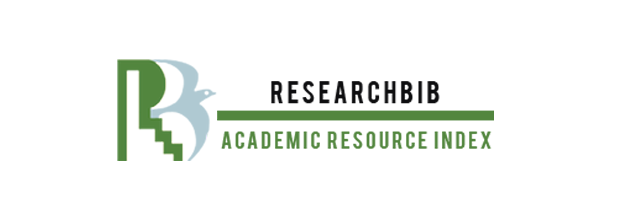Teachings and Conduct of the Holy Prophet (PBUH) As a Legislative Policy for Governing Employment Relationship
Keywords:
Prophet, Teachings, conduct, Employment Relationship, Justice and equityAbstract
Healthy environment in a workplace has always been remained the primary objective and a prerequisite for achieving production goals. Islam stresses upon upholding of relationships among men including the one between employer and employee. Teachings and conduct of the Holy Prophet Muhammad (PBUH), being the legislative source for Muslims to regulate all aspects of their lives to ensure success not just in this mortal life but also in the hereafter. This research work intended to explore one of the revolutionary aspects of the Holy Prophet’s (PBUH) life; his unique teachings and conduct with his servants/employees in both private as well as official capacities. Review of the literature revealed that the man-made employment relationship systems are mostly exploitative in a way that they promote class-based society as they consider this relationship that of master and servant while Islam assigns it strong basis of brotherhood, equality and equitable justice. The research also concluded that general Islamic principles along with teachings of the Prophet (PBUH) were used by companions and the khulaf’a (rightly-guided Muslim rulers) for regulating crucial areas of the employment relationship.
![AL-USWAH Research Journal [Volume 1, Issue 2]](https://idr.com.pk/ojs3308/public/journals/1/cover_issue_2_en_US.png)







